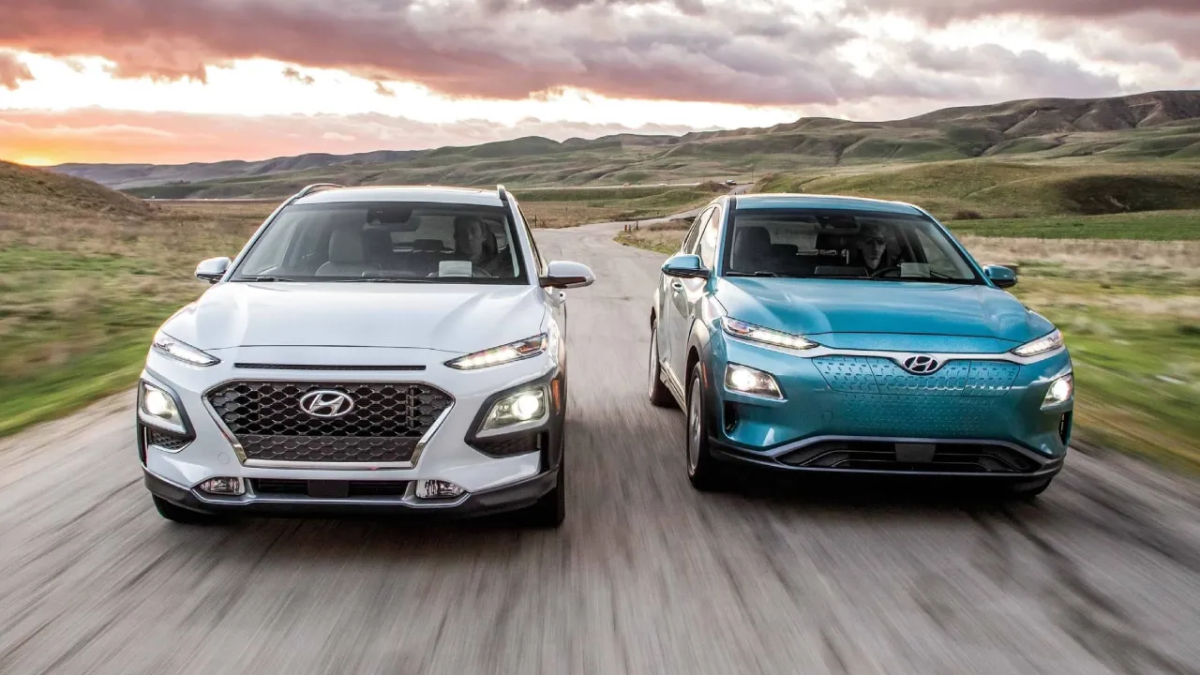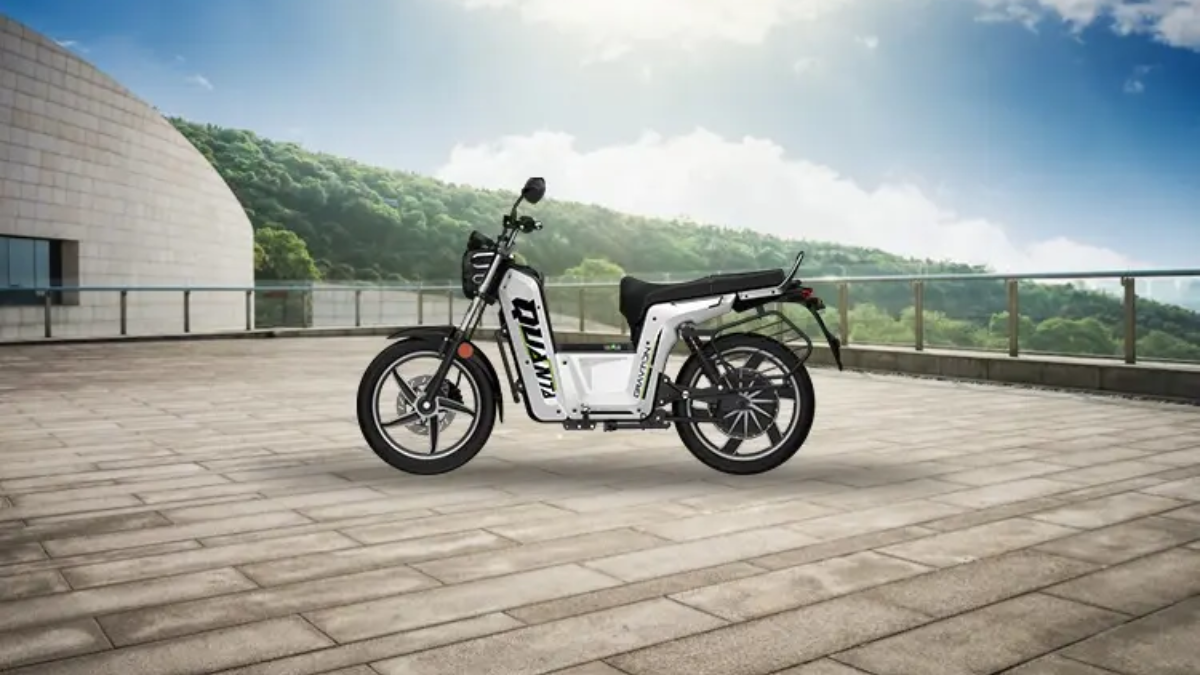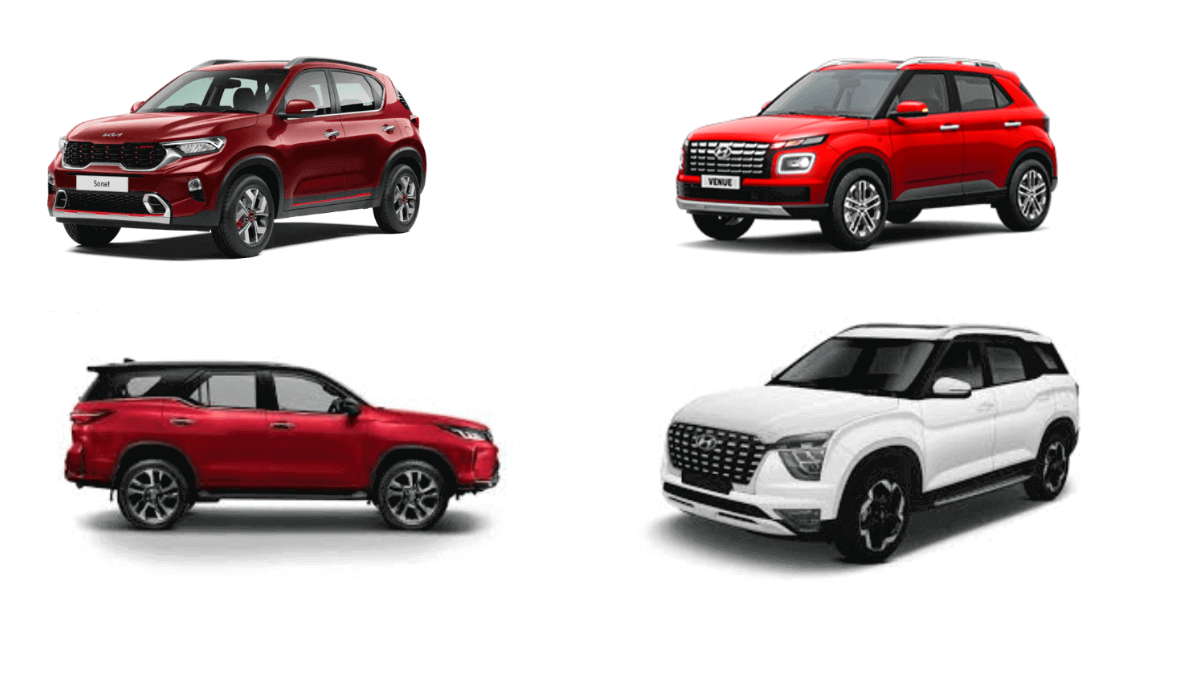The Indian car market is changing fast in 2025. More people are now choosing between electric vehicles (EVs) and traditional petrol cars. Rising fuel prices, government subsidies, and better EV infrastructure have made electric cars more popular. But petrol cars still dominate Indian roads due to easy availability and proven reliability. So, which is better for Indian buyers in 2025 — electric or petrol? Let’s compare them based on performance, cost, maintenance, range, and long-term value.
Electric Cars in India (2025)
Electric cars are powered by batteries and run silently without burning fuel. They produce no tailpipe emissions and are cheaper to run per kilometre. Brands like Tata, MG, Hyundai, and BYD are leading the EV wave in India. In 2025, more charging stations and improved battery ranges have made electric cars more practical, especially in metro cities. Models like the Tata Nexon EV, MG ZS EV, and BYD Seal are becoming top choices.
Petrol Cars in India (2025)
Petrol cars run on internal combustion engines and have been the most popular choice in India for decades. In 2025, petrol cars are still preferred in rural and semi-urban areas due to easy fuel availability and familiarity. They usually cost less to buy than EVs and don’t need a charging setup. Brands like Maruti Suzuki, Hyundai, and Honda continue to offer reliable petrol vehicles with strong resale value.
Comparison Table
| Feature | Electric Cars (EVs) | Petrol Cars |
|---|---|---|
| Fuel/Running Cost | ₹1–₹1.5/km (charging cost) | ₹7–₹9/km (fuel cost) |
| Initial Cost | Higher (₹10–₹40 lakh for popular models) | Lower (₹5–₹15 lakh for most models) |
| Maintenance | Lower (fewer moving parts, no oil changes) | Higher (engine, oil, filter maintenance) |
| Range/Refueling | 250–600 km per charge, needs charging stations | 400–600 km per tank, quick refill |
| Charging/Fuel Access | Expanding charging infrastructure | Wide fuel station availability |
| Eco-Friendly | Zero emissions | Emits CO₂ and pollutants |
| Long-Term Savings | Higher (less running cost, subsidies) | Medium (fuel prices rise yearly) |
| Resale Value | Increasing but uncertain in rural areas | Stable resale in most regions |
For urban Indian buyers in 2025, electric cars offer lower running costs, government benefits, and a cleaner environment. They’re great for daily commutes in cities where charging options are improving fast. On the other hand, petrol cars are still a smart choice for those in smaller towns or people needing instant refueling and lower upfront costs. So, the better option depends on your lifestyle, driving habits, and budget. If you live in a metro with access to charging stations and want to save on fuel in the long run, an EV is ideal. But if you travel long distances or don’t want to depend on charging, a petrol car still works best.
FAQ’s:
Are electric cars really cheaper to maintain than petrol cars?
Yes, electric cars have fewer moving parts, no oil changes, and lower service needs compared to petrol vehicles.
Do electric cars work well in rural India?
EVs can work in rural areas, but the lack of charging infrastructure makes petrol cars more practical for now.
Which is better for long drives – EV or petrol?
Petrol cars are better for long drives currently due to quick refueling. EVs are catching up with fast chargers and longer ranges.
Is it true that EVs save more money in the long run?
Yes, despite a higher initial cost, EVs save money with lower running and maintenance costs and government subsidies.
Can I buy a budget-friendly electric car in 2025?
Yes, models like Tata Tiago EV and Citroën ëC3 are available under ₹10–₹12 lakh, offering affordable options for new buyers.
















